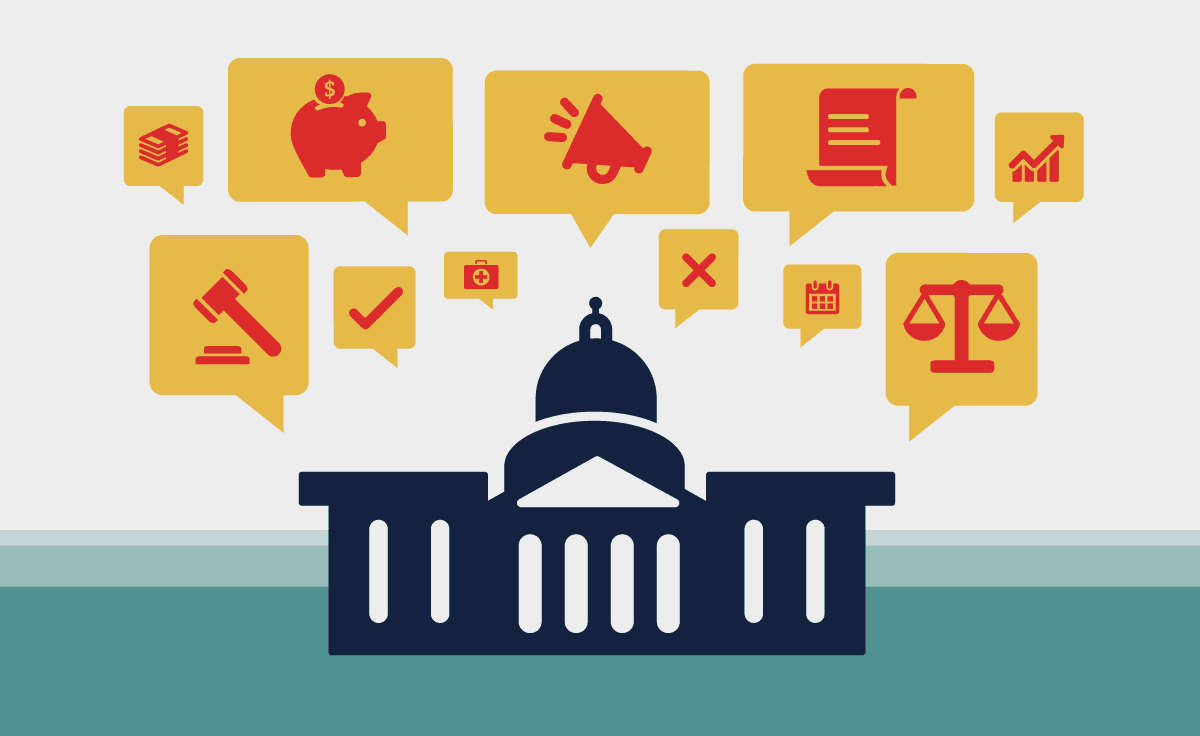
Book Review - What You Need to Know About Voting and Why
"If the structure of our government is to survive for your children and grandchildren. We must see to it. The way to do it is by voting. Voting. And voting." - Kim Wehle
Half of the world's nations have democratic societies, a 20-percent increase since WWII. While not consistently enforced, were you aware that approximately 20 countries have compulsory voting? An article by U.S. News and World Report cites that in 2020, half of the eligible VAP - Voting Age Population, which includes 250 million people voted. The United States, a democratic society with no mandatory requirement to vote among OECD members, ranks 26 in voter turnout. What nations top the list? Belgium, Sweden, Denmark, and Australia with averages of 80-90 percent voter turnout.
I recently completed an audible read by Kim Wehle entitled What You Need to Know About Voting and Why, which is where a lot of this information synthesis stems. After the death of the Queen of England, this surge of politics started to flood my Twitter timeline, and somehow (probably AI working just the way it is supposed to), I came across this book. I took a hiatus from another book I was reading and immediately pressed play. She grabbed my attention from the opening. It was salacious and intriguing, with statistics that emphasize the imperative to increase post-secondary credentials for more citizens is critical to our nation, yet why is it often misaligned? It was refreshing to hear and consider the global implications of voting and the seemingly anti-democracy actions occurring across the United States in ways one's local news, or education, rarely covers.
"The right to vote is crucial to maintaining a fair democracy and allows citizens to voice support for policies that can help end extreme poverty and its causes. The United Nations calls on countries to safeguard this right in order to create effective, accountable, and inclusive institutions at all levels." - Global Citizen
I appreciated Wehle's weaving of voting's historical narrative; you know everything regarding the Constitution (and there is a lot to decipher). I also appreciated her candid assertiveness in not obscuring the visible and ongoing systemic inequities. Neither did she shy away from complicated matters that endanger the right to vote. While infusing a few of her political views, the author concisely defined actions and constructs such as gerrymandering, the electoral college, service terms, disjointed voting infrastructures, voter suppression, and state jurisdiction with language and examples that various readers could understand. It is a good primer for anyone wanting not just to make sense of the reason, but rationale, for voting.
While I binged this 5-hour book over two days, it felt, or instead, I felt at times rather grim. This book was thought-provoking, jarring me to reflect boldly as the 2022 mid-term elections approach and I prepare to cast my vote. But it also prepared me to think proactively about the 2024 Presidential Elections and beyond.
The political system can, at times, feel too ingrained to reform. Do we not think this way about education and our institutions at times? Yet, somehow, we "vote" with our continual presence and courageous conversations. We have reviewed, revised, and enacted new policies and dismantled barriers that restrict access and completion for our diverse students. We have advocated human resources departments and senior leaders for alternative work policies after the pandemic. Everything about the book highlights the communal service we enact while living, the relentless belief in leaving the world better than we experienced it. Why can't we show up to the polls, any poll for which we are eligible to vote, to cast our ballot for the people and issues that we know will significantly impact and influence ourselves and our communities?
"If voting didn't matter much, foreign governments wouldn't try to influence it. And if voting didn't matter much, we wouldn't see efforts in America to make it harder for certain individuals to vote. Your vote does matter." - Kim Wehle
Rock Your Mid-Term Election Vote - Tuesday, November 8
Every election, both Presidential and Mid-Term, means something, and taking time to identify the candidates needed to move forward in Maryland and Washington, DC, is a communal good. Rock your vote in Maryland or Washington, DC, on Tuesday, November 8.
Follow updates on the mid-term elections here.
Rock Your AACRAO Vote
Calling all eligible AACRAO Roster members, please take a look at the 2022-2023 AACRAO Slate and cast your vote. We have two CAPACRAO members running for positions - Cassandra Moore and Dr. Kimberly McNair.
Remember, your vote counts.
Voting is open now. It concludes on November 23, 2022.
Update Your AACRAO Institution Roster
CAPACRAO members, consider reviewing your AACRAO Rosters with your Senior Strategic Enrollment Management leader to ensure members are current staff at your institution. Interested in learning who is on your AACRAO Roster? Email: [email protected] or call (202) 355-1040.
If you are an active participant in CAPACRAO and want to continue to emerge in the Enrollment Management field, consider petitioning your Senior leader for one of the six voting spots within your institution's AACRAO roster. Roster members may have access to certain information non-roster members do not.
AACRAO is still very accessible. Access the AACRAO website and click log-in (top right-hand corner) to create an account. Peruse the site for great information, such as podcasts, newsletters, events, distribution lists, and affinity groups.
CAPACRAO members - let's talk: What is misunderstood about voting? Why? Share your thoughts.
This book review was written by Johnika Dreher from the CAPACRAO Legislations Committee.

